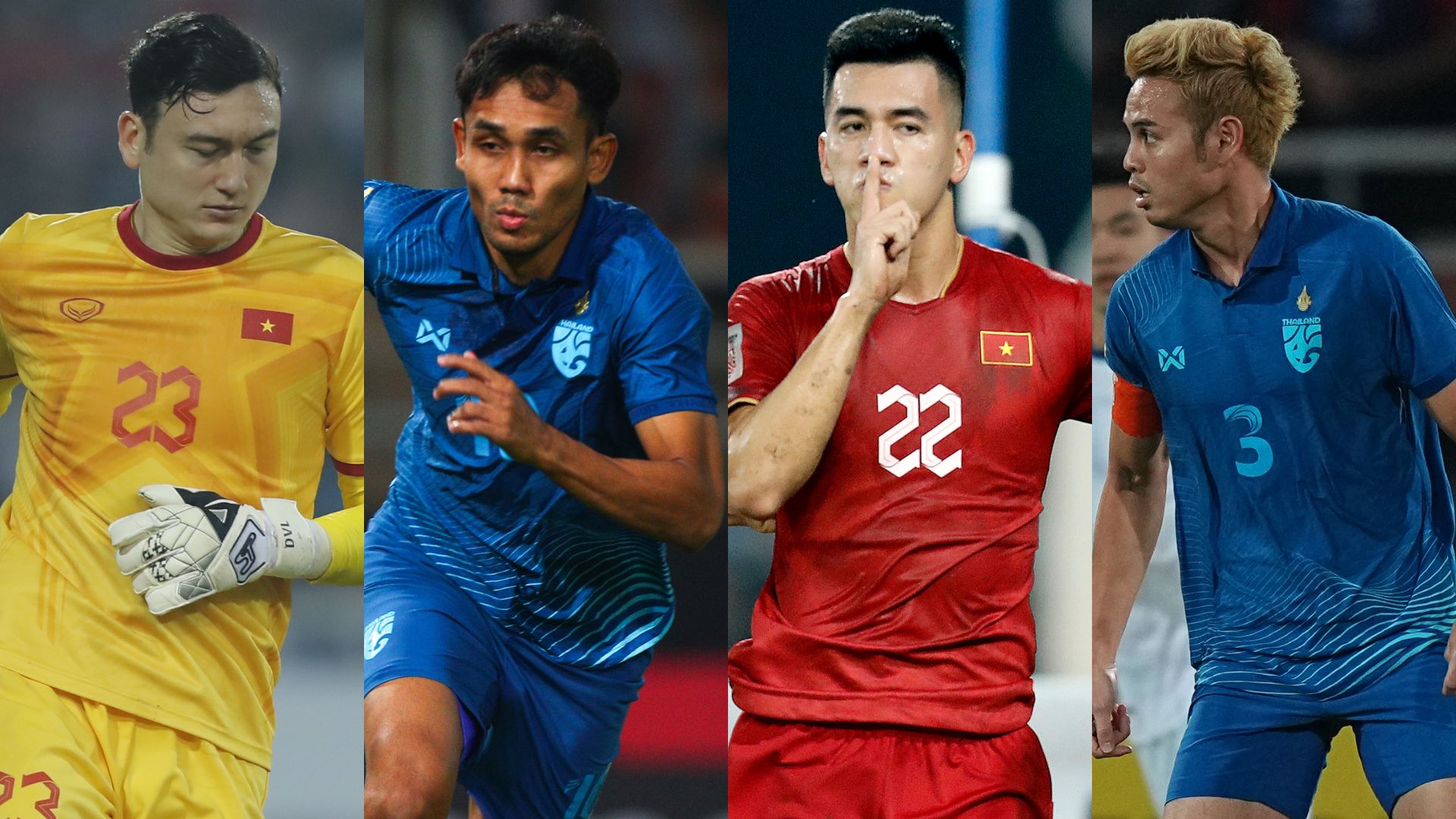VOTE: Best Coach of the Group Stage
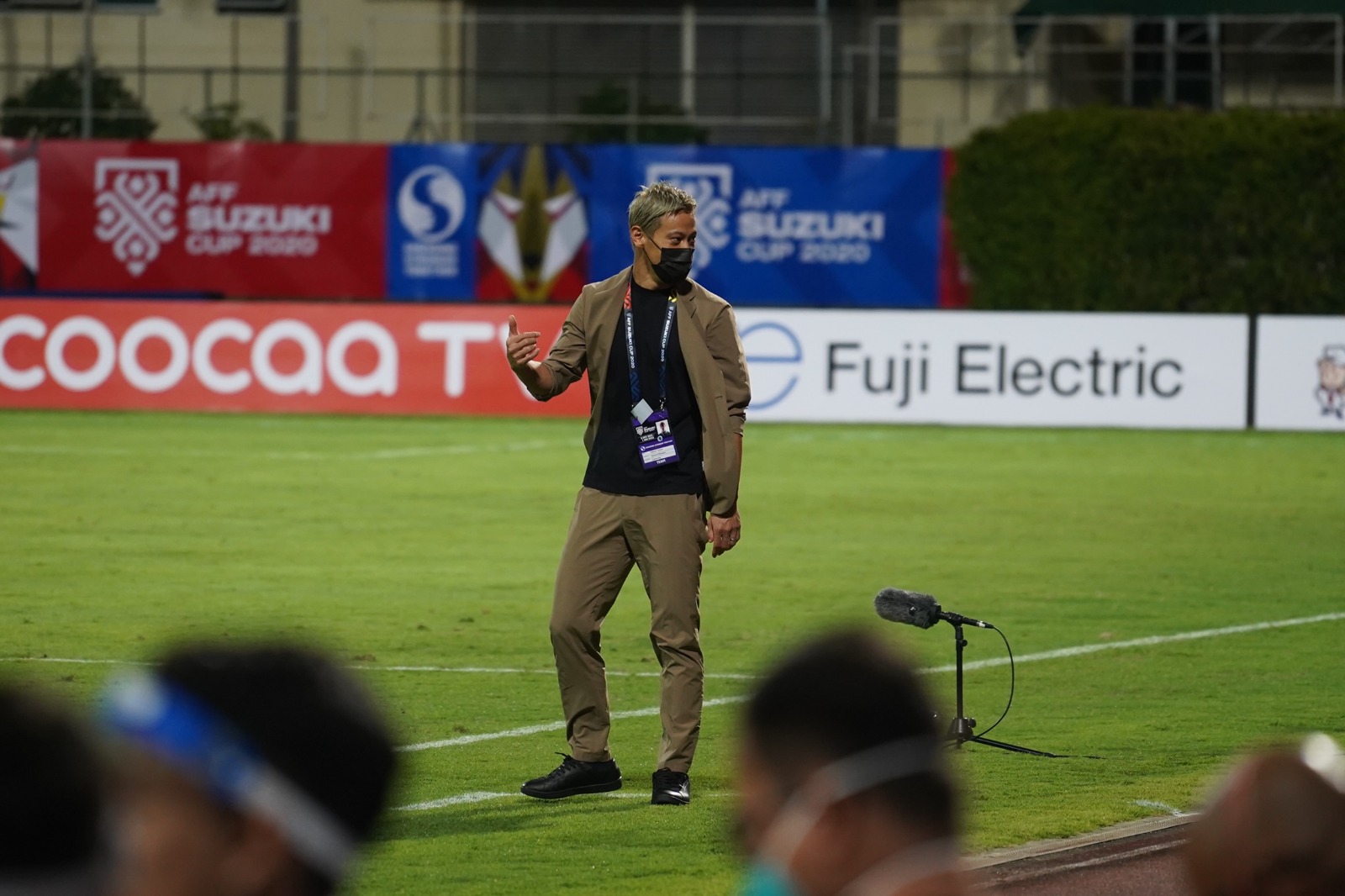
The ten coaches at the 2020 AFF Suzuki Cup are drawn from a wide background, with two from Southeast Asia, two Koreans, two Japanese, a German, a Brazilian-German, a Brazilian and an Englishman.
Such a melting pot of nationalities has added real spice to the tournament with a whole range of tactical approaches on display where we’ve seen everything from ultra-conservative, defensively minded, play right the way through to all-out attack.
It’s time, then, to vote for who you think should be awarded the title of the Best Coach of the Group Stage.
Ryu Hirose/Keisuke Honda (Cambodia)
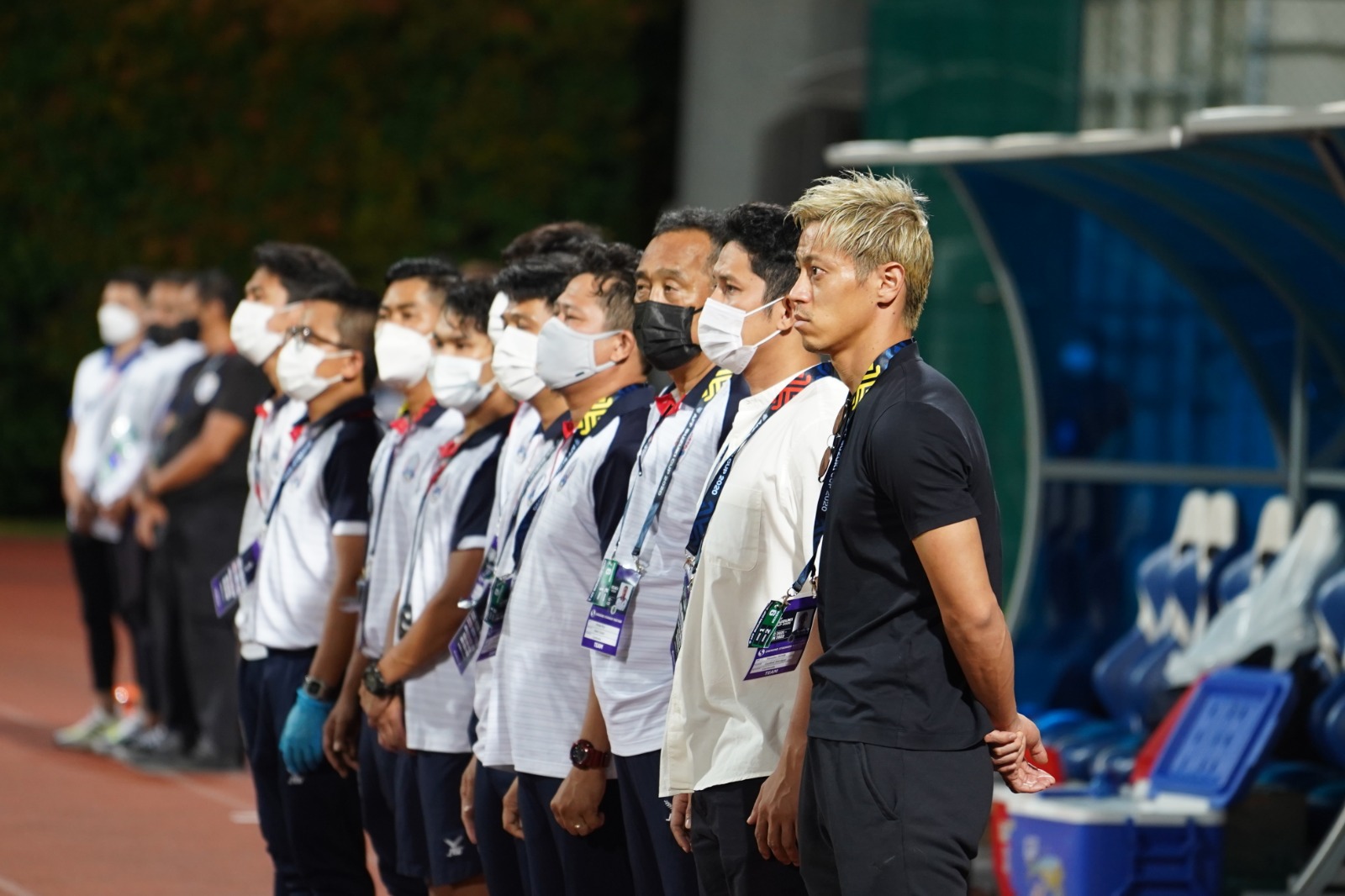
The unusual two-pronged approach where Hirose serves as the formal head coach and his famous countryman Honda as the General Manager has certainly put a spotlight on Cambodian football.
Both men have been at pains to point out that this is a project for the future as they usher in a new generation of technically gifted footballers whilst preaching a constant mantra of wanting to maintain ball possession.
On the evidence available that’s certainly working as they had a higher share of possession in all of their matches, including against both the finalists from the previous edition in Vietnam and Malaysia.
Park Hang-seo (Vietnam)
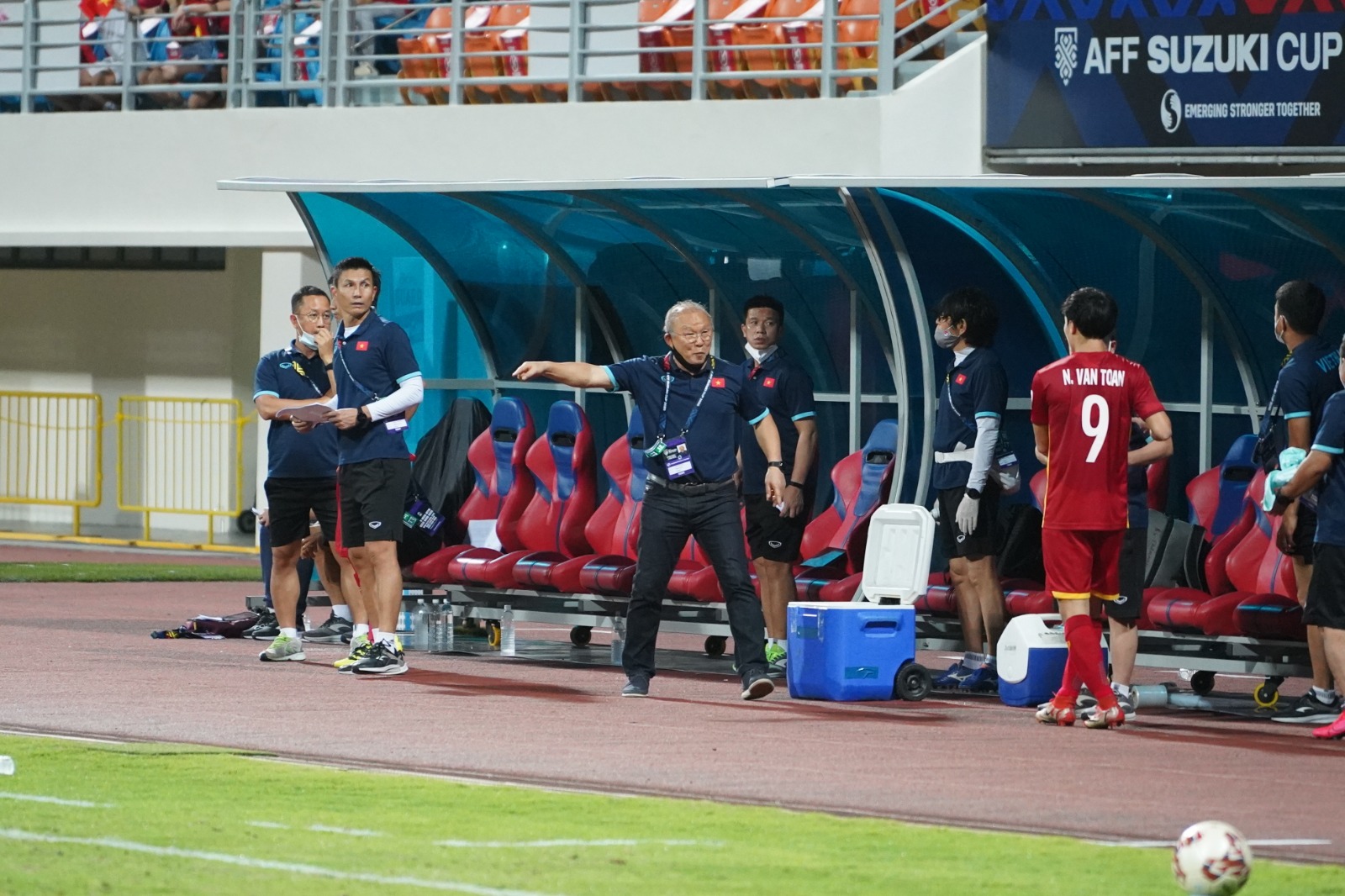
In his second successive AFF Suzuki Cup campaign, the Korean coach has continued to lend a steady hand in overseeing the rise of this supremely talented generation of Vietnamese footballers.
Under Park there’s no surprise with how the Golden Star Warriors will approach things as they line up in a settled 3-4-2-1 formation and constantly look to dictate the tempo of matches with their intricate passing and movement off the ball.
Alexandre Polking (Thailand)
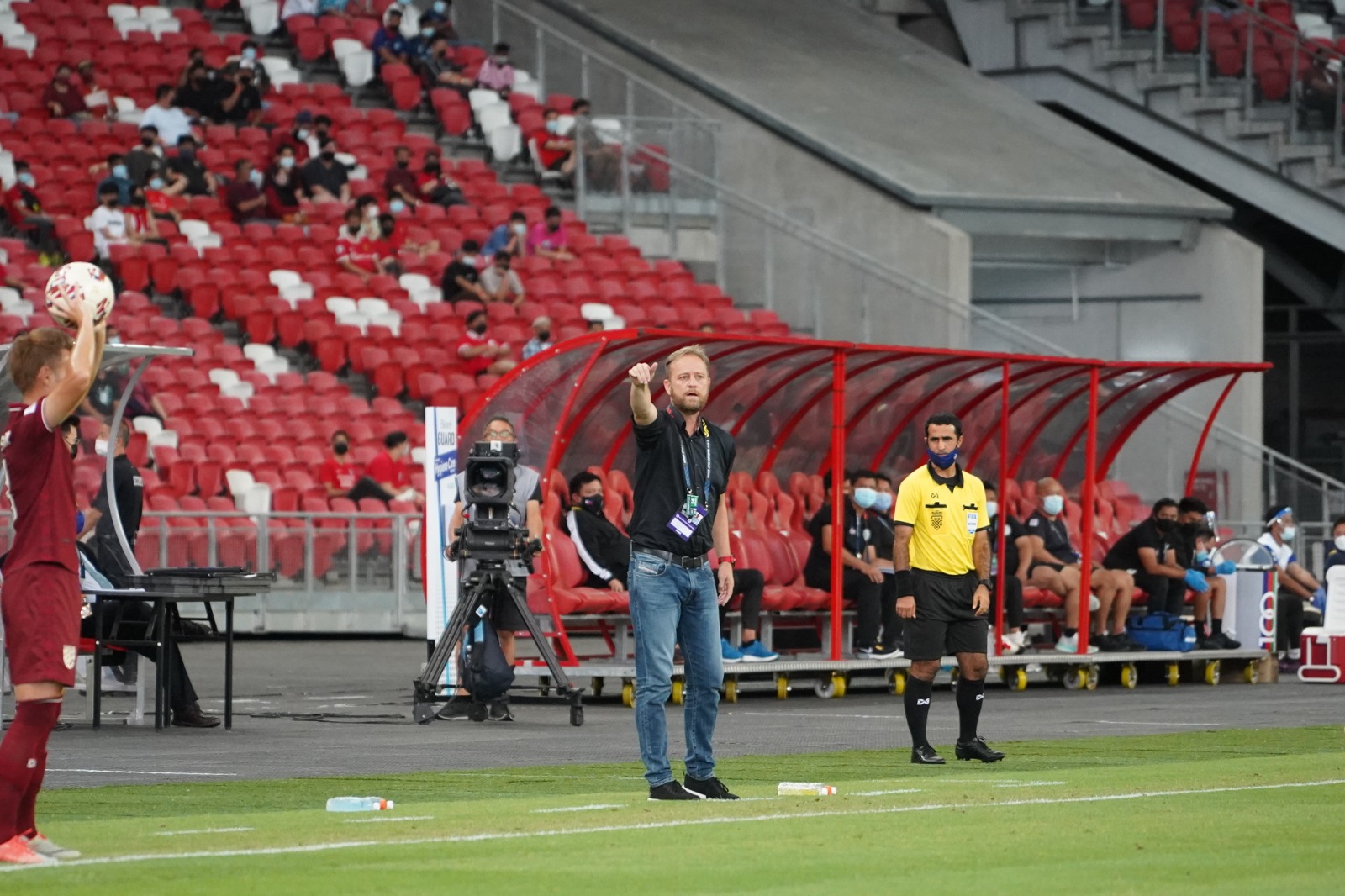
In his first tournament at the helm of the War Elephants, Polking has played a masterful hand, integrating his foreign based stars seamlessly into the side, allowing some veteran players to shine whilst also introducing some quality youngsters into the fold.
The decision to rotate his entire first choice XI, allowing them to steer clear of injury and suspension concerns, in the final group match (with the nation having already qualified for the semi-finals) was a tactical manoeuvre that also paid off handsomely.
Shin Tae-yong (Indonesia)
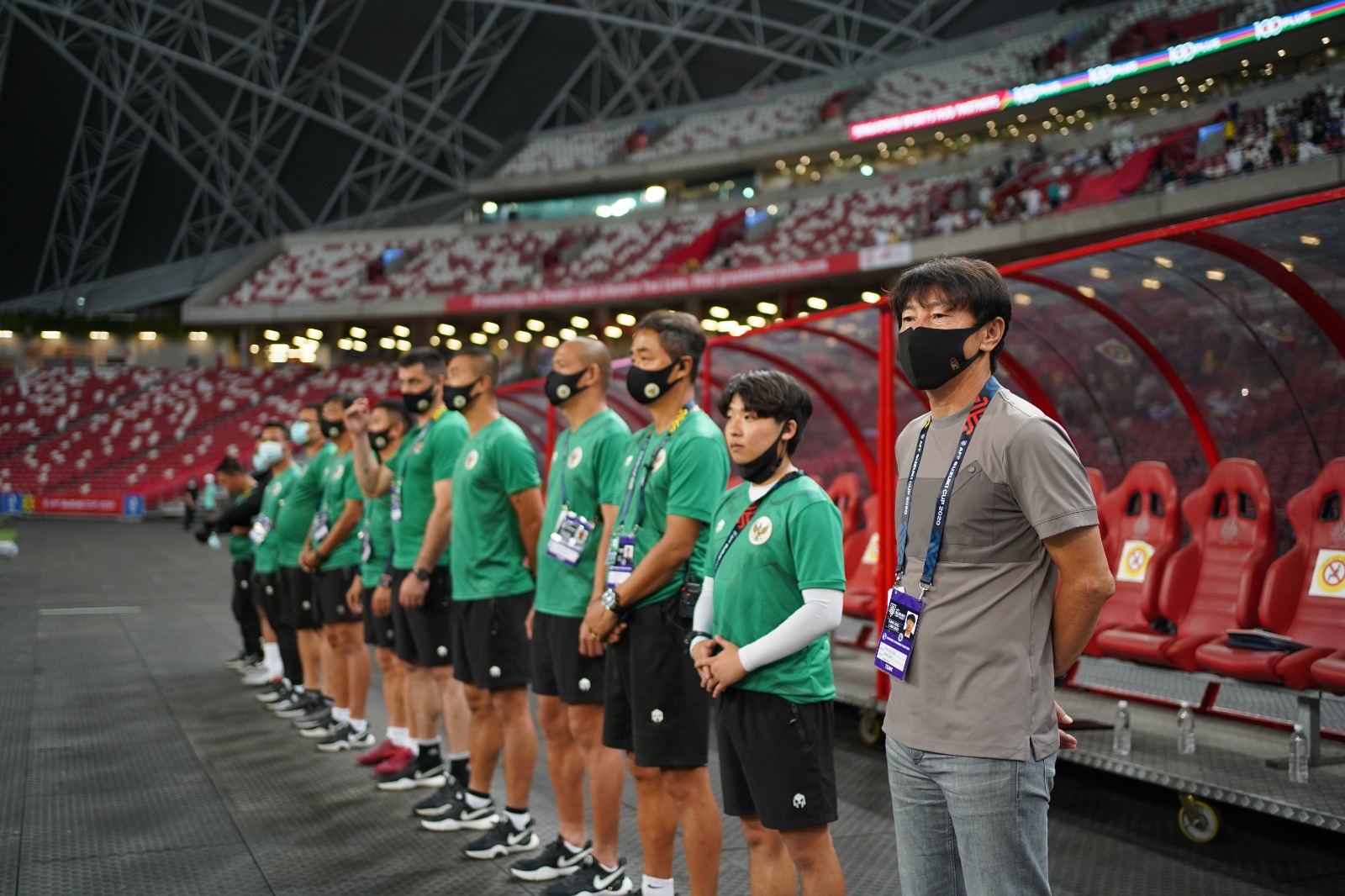
The most highly decorated of the ten coaches at the tournament has shown all that pedigree as he’s piloted a young and inexperienced side through to the semi-finals as Group B winners.
Many questioned the judgement of the Korean coach as he opted for a complete overhaul of the Garuda squad but he’s proven those doubters well and truly wrong in unearthing some young gems as well as being tactically flexible both between and during matches.
Tatsuma Yoshida (Singapore)
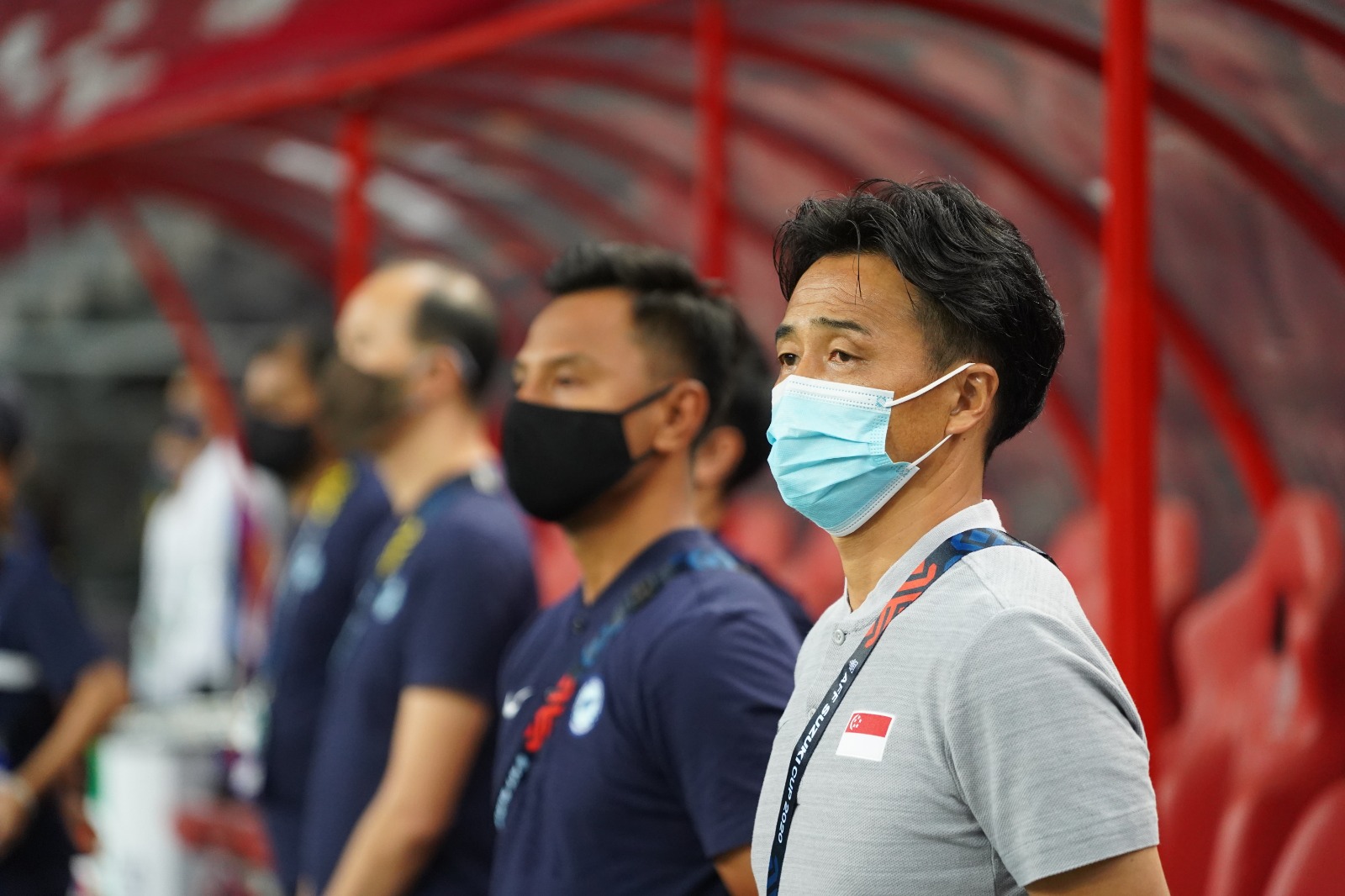
The Japanese coach hasn’t been afraid to let his emotions show throughout the tournament where he’s frequently expressed his love for the host nation and the team that he says are playing to their maximum level.
In guiding the Lions to their first semi-final appearance in nine years it looks as though things are on the right path with the 47-year-old coach leaning heavily on an experienced core of players to get the job done.















